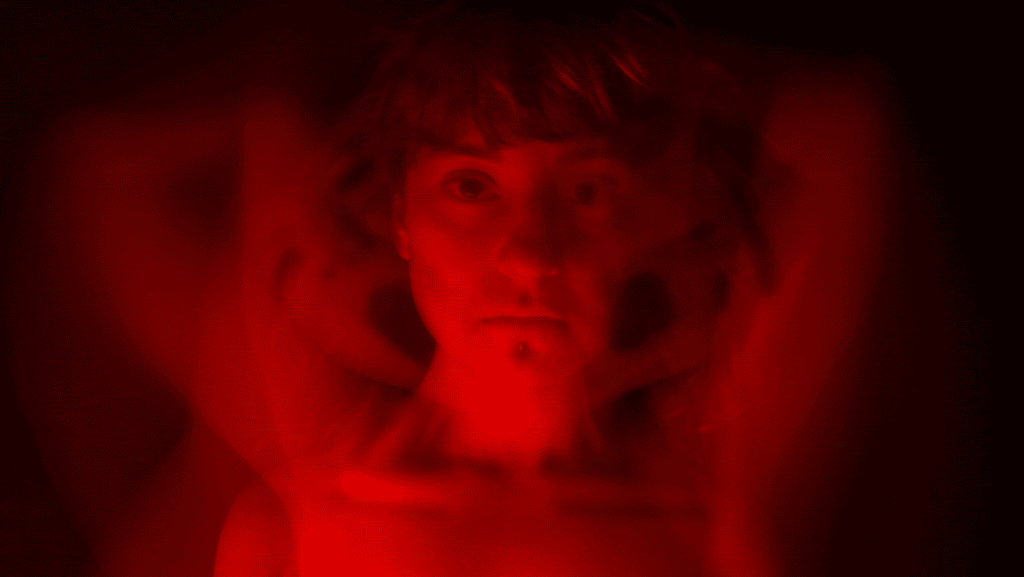It’s true that everyone has their own eccentric behaviors and weird thoughts. However, this can become an issue when a person takes these eccentricities to a whole new level.
Also known as SPD, schizotypal personality disorder is indeed a chronic mental condition that is characterized by distorted thinking, eccentric behavior, and extreme discomfort in social situations.
Let’s dig in to find out more about this personality disorder, what causes it, and how to manage the symptoms.
Learn in This Article
- What Is Schizotypal Personality Disorder
- Schizotypal Personality Disorder Symptoms
- What Causes Schizotypal Personality Disorder
- Schizotypal Personality Disorder Diagnosis
- Schizotypal Personality Disorder Treatment
- Our Takeaway
What Is Schizotypal Personality Disorder
Before jumping into the article, it’s vital to understand the definition of schizotypal. As mentioned earlier, SPD is a type of personality disorder that’s marked by unusual thinking and behavior—but that’s not all.
People with SPD may also have trouble understanding other people’s thoughts and emotions. On top of that, they may feel very anxious in social settings and feel like they don’t belong.
Schizotypal Personality Disorder Symptoms
Other than showing weird and eccentric behaviors, there is much more to it. Here are some of the most common schizotypal symptoms you should be aware of.
- Dressing or speaking in an unconventional manner
- Acting extremely skeptical and paranoid
- Feeling uneasy or apprehensive in social circumstances
- Feeling uncomfortable with intimacy
- Having a tendency to misrepresent reality
- Having strange beliefs or thinking of themselves as psychics
- Appearing emotionally detached and aloof
- Having minimal emotional reactions
Causes of Schizotypal Personality Disorder
Similar to different types of BPD and other mental health conditions, it’s believed that SPD is caused by a combination of genetic and environmental factors.
For example, some common causes of schizotypal personality disorder may include a family history of either schizophrenia or similar disorders, traumatic experiences, or abuse and neglect in childhood.

Schizotypal Personality Disorder Diagnosis
Diagnosing SPD is not an easy ride, as it’s usually confused with other mental health conditions, such as schizophrenia.
Thanks to a thorough psychological evaluation by a mental health professional, it’s possible to establish a proper diagnosis.
Schizotypal Personality Disorder Treatment
Unfortunately, there is no cure for schizotypal personality disorder—but not all hope is lost. The right treatment can help manage the symptoms. Schizotypal treatment typically involves a mix of medication and psychotherapy.
Psychotherapy
Cognitive Behavioral Therapy
Cognitive behavioral techniques can be very effective in treating SPD. CBT can help people learn to manage their anxiety and improve their social abilities.
Supportive Therapy
Negative thoughts and lack of trust are schizotypal traits that are hard to deal with. Supportive therapy can help people manage emotions and build healthy relationships.
Supportive-Expressive Therapy
Supportive-expressive therapy can be a great help in getting rid of negative feelings towards relationships.
Family Therapy
Treatment for SPD usually works better if family members are actively involved.
Medication
Although there is no specific medication to cure SPD, it’s still possible to manage the symptoms. Antipsychotics, antidepressants, and stimulants are among the most commonly prescribed medications for SPD.
Key Takeaways
Living with a schizotypal personality disorder is not easy. Strange thoughts, beliefs, and behaviors surely impact society’s perception of mental illness. For this reason, people with SPD may experience social isolation and difficulty forming relationships with others.
Although there is no known cure for this personality disorder, treatment can help people manage their symptoms.
Frequently Asked Questions
Is schizotypal personality rare?
When most people think of personality disorders, they often think of borderline personality disorder or narcissistic personality disorder. However, even SPD is actually quite common. Although the exact prevalence is difficult to determine, studies have estimated that SPD affects 4% of the US population.
Does schizotypal worsen with age?
The severity of symptoms associated with SPD may change over time, but it’s not known whether the condition itself worsens with age. If left undiagnosed or untreated, SPD symptoms tend to progress as a person ages.
It’s possible that SPD symptoms worsen during periods of stress or other triggers. Treatment can help reduce the intensity of symptoms and improve functioning. Medication may also be prescribed to help manage anxiety or depression.
Is schizotypal a mild form of schizophrenia?
While schizotypal personality disorder shares some similarities with schizophrenia, it’s considered to be a separate disorder. People with schizophrenia typically experience more severe symptoms, such as hallucinations or delusions.
In contrast, people diagnosed with SPD usually don’t experience these symptoms. However, both disorders can be associated with social isolation and impaired functioning.
